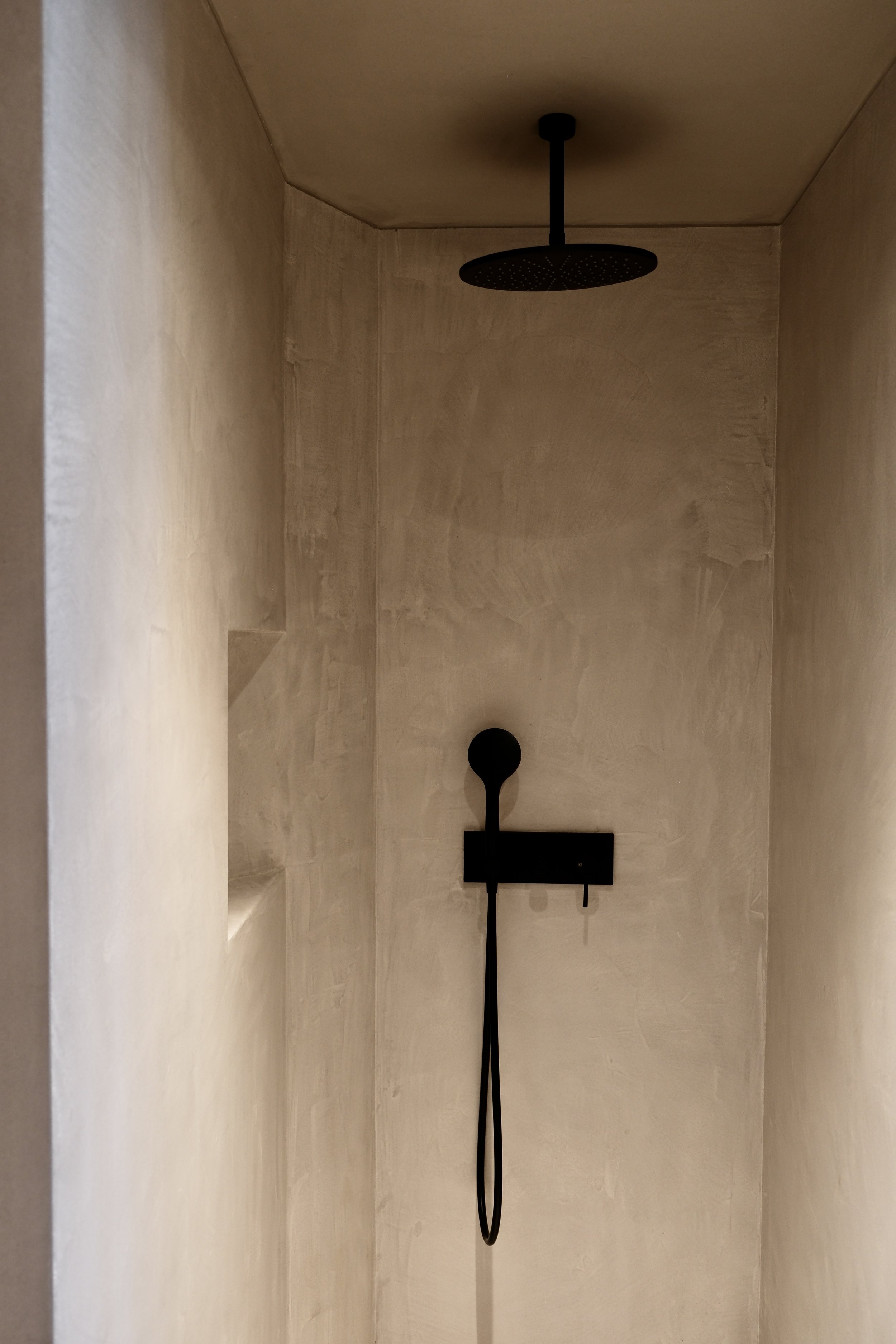Hotel Review: Forestis Dolomites
I first visited to Dolomites nearly two decades ago, and have been besotted ever since, returning to tramp over these mountains whenever the opportunity arises. As Sarah Kelleher put it in our Italy magazine: “It’s a region that defies easy categorisation. Neither Italian in the way many of us typically think of Italy (all pearlescent statues, jewel-hued Spritzes and sun-washed cities), nor officially part of Germanic northern Europe, this UNESCO-listed mountain range at the top of Italy is one of those in-between places, a small kingdom guarded by soaring peaks and crags.” There’s so much to explore here, from legendary ski slopes to pristine alpine pastures like Alpe di Siusi, which is home to 790 different plant species and an extensive network of walking trails. There are charming towns, such as Ortisei in Val Gardena, famous both for its postcard-perfect location and profusion of traditional woodcarving studios. You have Alta Badia and its via ferrata (climbing routes that aren’t for the faint-hearted), phenomenal local wines (what else would you expect from a region that gets more than 300 days of sun a year), and a unique cuisine that’s a little bit Italian, a little bit Austrian, and always delicious when devoured in an alpine hut with the world spread out below you.
This is a natural playground in every sense of the word, but I also look to the Dolomites when I fancy doing very little indeed - i.e. feasting, swimming and unwinding somewhere sublime. And on my most recent autumnal sojourn I found just the place to do this. Perched at 1,800 metres above sea level, and reached via a serpentine uphill drive from Brixen, Forestis Dolomites is the mountain escape of dreams.
This luxury bolthole may have direct access to the Plose ski runs, but I discovered (almost as soon as I checked in) that ‘being here’ is all the activity you need. I’m far from the only guest who has arrived with visions of hiking through forests in search of far-flung huts, and then promptly decided to cancel everything. Instead, I spent my long-weekend slipping in and out of saunas, doing leisurely laps in the indoor-outdoor pool, indulging in a heavenly massage (or two), and discovering just how good it feels to simply by among these mountains, rather than tramping over them. The fact that the iconic Geislergruppe massif (a Dolomites icon) is always view certainly adds to the magic.
Everything at Forestis is designed to help you slow down. Walk almost anywhere and you’ll hear trickling water; the hotel sits beside a mineral-rich artesian spring, which feeds the babbling stone basins by the restaurant, in the lobby and at the entrance to the spa. Spruce wood is used throughout (alongside glass, stone and fabric), immense windows in the airy rooms mean that you feel as if you’re sleeping atop the peaks, and come evening the fires crackle, the sound of the outdoor fire-pit (name a cosier spot to sip a cocktail beside) mixing with the distant ring of cowbells. But worry not, if you’re in the mood for adventure, Forestis has a host of walking (and skiing) maps and recommendations, and even offer guided hikes, mediation and yoga (or wyda) classes.
The original part of Forestis was built as a wellness retreat for the Austrian Royal family (before a stint as a Vatican summer escape), and today the modern extension (in the form of three towers sure to make architecture enthusiasts swoon) and newly-opened private villa keep the mountains front and centre. Design-wise, my heart belongs to the hotel’s restaurant, a tiered collection of intimate booths that mean your superlative, multi-course dinner comes with stellar views out through the floor to ceiling windows, and the feeling that you’re the only ones in the room.
Much of the hotel’s wellness ethos is shaped by the region’s Celtic traditions, for Celtic tribes called these mountains home for centuries, until the Roman Empire’s penchant for expansion saw it stretch north. But their knowledge (rooted in a Druidic awareness of nature’s power and rhythms) survived Roman rule, passed in practice and lore from from generation to generation. This Celtic connection is most obvious in the hotel’s holistic ethos, which shifts throughout the year, depending on what guest’s bodies need. In winter, it’s about recharging - relaxing in the spa, slow strolls, breathing in the air - but in summer our energy returns and the mountains call. My Forestis escape was a wonderful reminder to listen to my body - and to never feel guilty about seeking the reprise I sometimes crave. Rather than sticking to a schedule, here it’s about waking when you’re ready and feeling perfectly okay with the idea that relaxing (in style) might be all that you do.
To learn more - or book an escape - click here.












